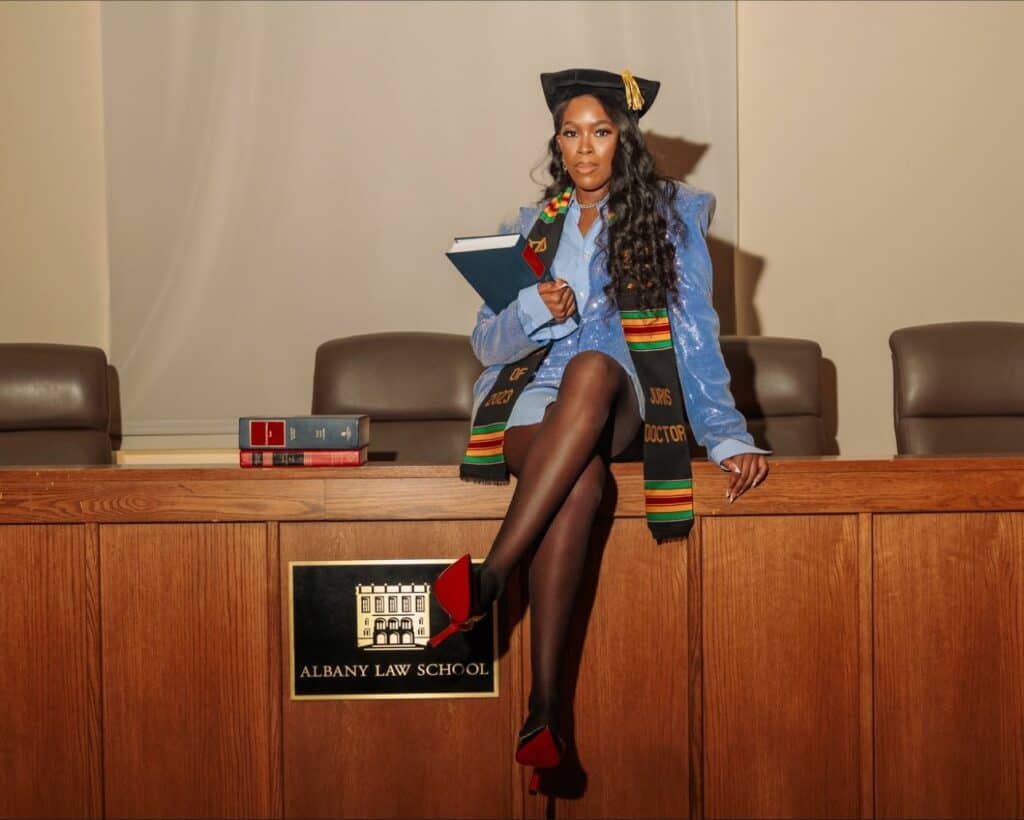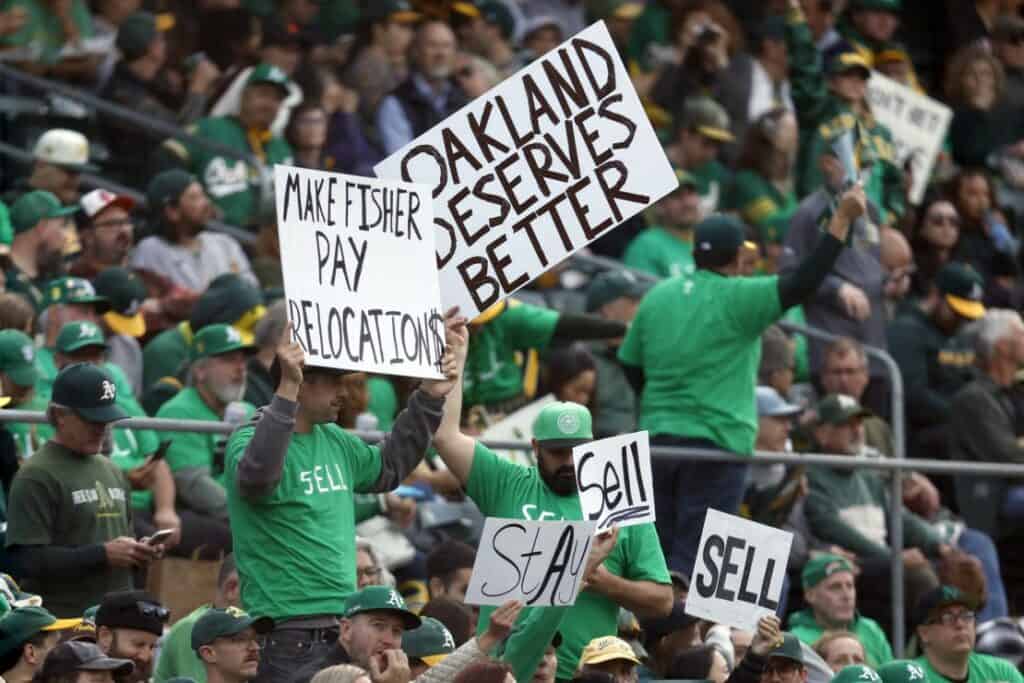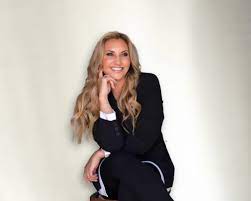Sexual assault on college campuses is no secret. Yet, sexual assault within college sports is a growing epidemic.
College sports fans can all remember when cases like Penn State football, Baylor football, and Michigan State gymnastics first broke. These cases, all public, exemplified a major issue with college athletics.
That issue? College sports gives those in power the capital to abuse others who don’t have the same level of power. And often, people know, yet choose to do nothing until it is made public.
In another look at corruption in college sports, Danielle Williams wrote about abusive coaching. Now, it’s time to take another look at the NCAA and how they approach something completely different.
The Apparent Issue of Sexual Assault and College Sports
The current social structure surrounding college athletics is a very crude business model. It’s a simple cost-benefit analysis. Coaches, assistant coaches, and players are all investments for the university. Naturally, the schools are all hoping to see returns on their investments.
This is the reason why coaches are fired when they lose games. It isn’t the losing that concerns the university, but the lack of revenue generation that losing brings. No one supports a loser.
Moreover, for the players, the university bases its investments on scholarships. The reason universities give student-athletes scholarships is that they generate money for the university. The university understands its investment.
This is why student-athletes have mandatory study hall hours, why student-athletes get special meal plans, why schools pour countless dollars into athletics. It makes them money in return – a great deal of it.
This cost-benefit thought process often carries itself over from the business side of college sports to the ethical side of human interest.
Steve Patterson, in an article for the Charlotte Observer, said it best.
“There’s no more money. Everybody is working as hard as they can to generate as much revenue as humanly possible.”
Those around the team are reluctant to blow the whistle on wrongdoing because it will cost the university money. They also have a vested interest in the team. And when they choose not to disclose illegal activities that take place, they reaffirm the abusive power structure that monetary gain has incentivized in college athletics.
The Love of Money is the Root of Evil
To first understand power structure, one must first understand basic human nature.
There used to be an age-old adage that said: “money is the root of all evil.” Yet, that can’t be true, because money is amoral. Money doesn’t know good from evil but can act both good and evil.
The same way someone can donate money to a food kitchen, someone can embezzle money from large corporations.
Money acts in conjunction with each individual’s character.
If someone is good at their core, when they earn large sums of money, they will want to use it for good. When someone is evil at their core, and they earn large amounts of money, it will be used selfishly.
Money isn’t good or evil, but it reveals the good or evil within a person.
If someone, above all, loves only money. They will go to any extent to keep that money. They won’t want to jeopardize any opportunity to earn money, even if it means doing what is right, and they will abuse, use, and shame others into obliging to their understanding of the world.
The reason being, the more one conforms, the less likely they are to jeopardize another’s potential income. They become predictable and are easily controllable. The love of money incites these actions to take place.
In an article in the Washington Post by Charles Mathewes, he delineates the higher level of corruption found within the rich in society. They are more likely to steal, evade taxes, and cheat their way out of things.
All of this goes to support that wherever the money is, corruption will follow. And as a result, this is how a power-structure is built and how an abusive culture is perpetuated – through the establishment of a clear power dynamic.
Follow the Money
There is a saying within news circles that goes somewhat like, “follow the money, and you’ll find something.” And when you look, what you find might not always be good. In fact, most times, it won’t be. And the harsh reality is, this saying is also true for the NCAA.
How many times have investigations of programs under the NCAA’s umbrella only turned out to be disastrous?
The cases I previously stated: Michigan State gymnastics, Baylor, and Penn State have been the larger stories within the past decade. With each case came secrecy for years.
In the Baylor sexual assault case, there are alligations as early as 2012. Yet, nothing was done. The coaches and university president covered for the athletes because they all shared a vested interest in the football program. It generated money for the school.
Universities like Baylor seemed to view it as “special rules for special people.”
The Baylor Paradox – Sexual Assault and College Sports.
In 2017, a lawsuit was filed against Baylor University for its cover-up of sexual assault cases involving football players. The alligations included at least 31 football players.
This happened in wake of the Jerry Sandusky case at Penn State, and the NCAA did not want to make a mess of another situation. It was not only the school’s duty to protect members of their institution but also the NCAA’s duty to help minimize harm to the victims.
At the end of an article written by Jake New, he writes on the effects of sexual assault by athletes on college campuses. He has a quote by a woman named Brenda Tracy, who is an advocate, that resonated deeply with me.
“In many cases, athletes are committing sexual violence against other athletes,” Tracy said. “The NCAA has a large population of athletes who are survivors. These are women and other athletes who feel betrayed by the organization. I feel like the NCAA has an obligation to protect its membership.”
Money should not corrupt our humanistic duty to do right by one another, yet in the world of college sports, it does.
What are the current preventative measures with sexual assault and college sports?
Student-athletes make up three percent of the student body, yet, contribute to nine percent of the sexual misconduct taking place on campuses, according to USA Today.
This statistic is staggering.
Yet, those are still only the numbers for people that have been caught. Think about the number of people that have gotten away with these acts, or had a university coach cover up their tracks, making the case disappear.
Currently, universities often handle sexual assault cases because it grants quicker sweeping action, which in turn helps ensure a safer campus.
Students report sexual assault to a Title IX office, and they often then initiate the investigation.
One often overlooked aspect of this process is, the school does not have to suspend the athlete indefinitely, even if they’re found guilty. The reason? The NCAA has no specific policy for suspension under the pretense of sexual assault.
This is wrong. There needs to be a clear course of action that is required out of athletic departments when its players are facing sexual assault allegations.
How can the situation of sexual assault and college sports be fixed?
To fix the current climate around sexual assault and college athletics, it starts with holding people accountable. Coaches and those in upper administration can not turn a blind eye when they see a common trend amongst a group of players.
Just because those around the team have a vested interest does not mean they should fail to act with human decency. No amount of wins or monetary gain is worth silencing other people’s stories.
Athletes also have to hold each other accountable. The team is a brotherhood, yes, but a brother holds another brother to a higher standard. And the fact of the matter is, athletes have to be better.
If someone sees an act taking place and chooses not to say anything, they become an accomplice in the illicit activity. Be better than just perpetuating the current power structure. Give others a voice. Help provide the platform for the voiceless. Be someone that holds others around you to a higher standard.
Lastly, the NCAA needs to create clear guidelines when it comes to athletics dealing with sexual assault. They cannot just hope that those around will blow the whistle; they have to make sure they do.
Yes, money runs sports, but humans are the ones competing. They have an elevated platform, and that platform should be used for good. In the least, NCAA athletes should hold the NCAA to that standard.




